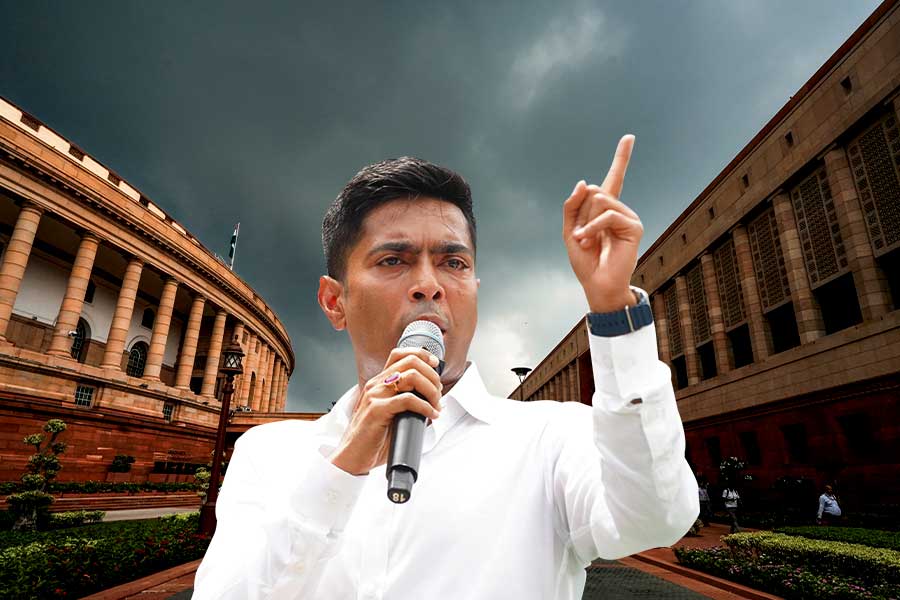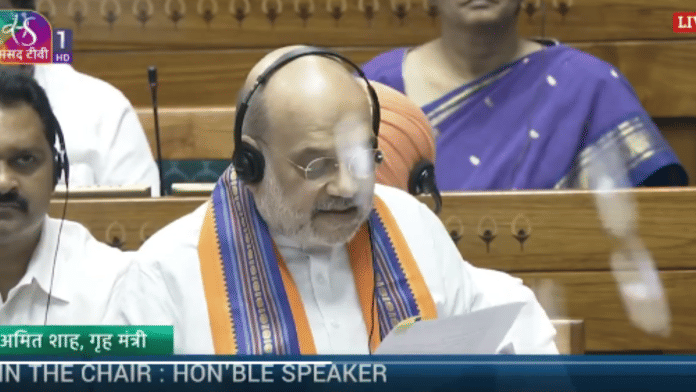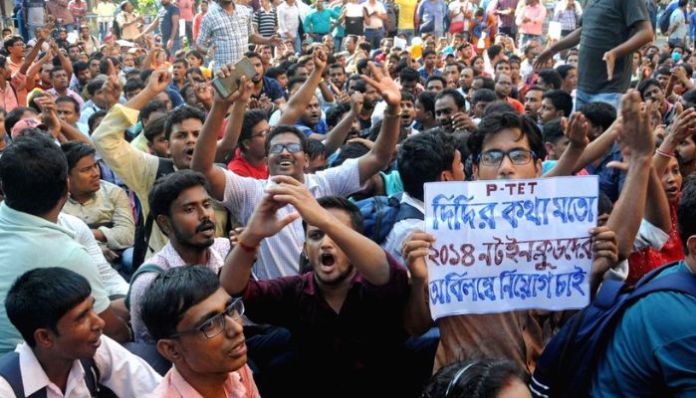The contentious bill mandates that if the Prime Minister, a Chief Minister, or any minister is arrested and remains in police custody for 30 consecutive days on charges of serious crimes, the individual would be forced to resign from office on the 31st day. The matter has now been referred to a Joint Parliamentary Committee (JPC) for scrutiny.
Banerjee, however, raised strong objections, claiming that such a clause undermines judicial authority. “If someone has to resign on the 31st day, then the accused will not even get an opportunity to defend himself. Then there is no need for the courts at all. This amounts to showing a thumbs down to the judicial system,” he told the media.
He further argued that the bill was politically motivated, designed to target opposition leaders while shielding ruling party members. “How can the opposition be eliminated? By arresting and jailing leaders, and when that is not enough, this bill is being passed,” Banerjee remarked.
Citing data, the TMC MP claimed that “28 Union Cabinet ministers are facing various cases, including 19 with serious allegations like murder and crimes against women.” He questioned whether the provisions of the bill would be applied uniformly, noting that in multiple instances, investigations against leaders accused of wrongdoing had been halted once they joined the BJP.
In a pointed challenge to the ruling party, Banerjee sarcastically proposed a counter-condition: “Why wait for 31 days? Reduce the time to 15 days, we will support you. But there will be a condition—if the guilt is not proven, then the investigating officer must spend double that time in jail.”
The TMC leader also referred to the government’s recent setback in the Supreme Court regarding the SIR (Special Investigation Report), alleging that the Centre was attempting to divert attention from it by pushing through the controversial legislation.
Meanwhile, opposition MPs in Parliament protested the bill’s introduction, alleging that it trampled on the constitutional principle of “innocent until proven guilty,” weakened federalism, and could be easily misused for political vendetta. Despite the uproar, the bill has been sent to the JPC, which is expected to submit its report in the upcoming winter session of Parliament.
As the political battle lines sharpen, the amendment bill—framed by the Centre as a measure to uphold morality in public life—is emerging as a flashpoint in the broader contest between the ruling BJP and opposition parties ahead of the next phase of legislative debates.









